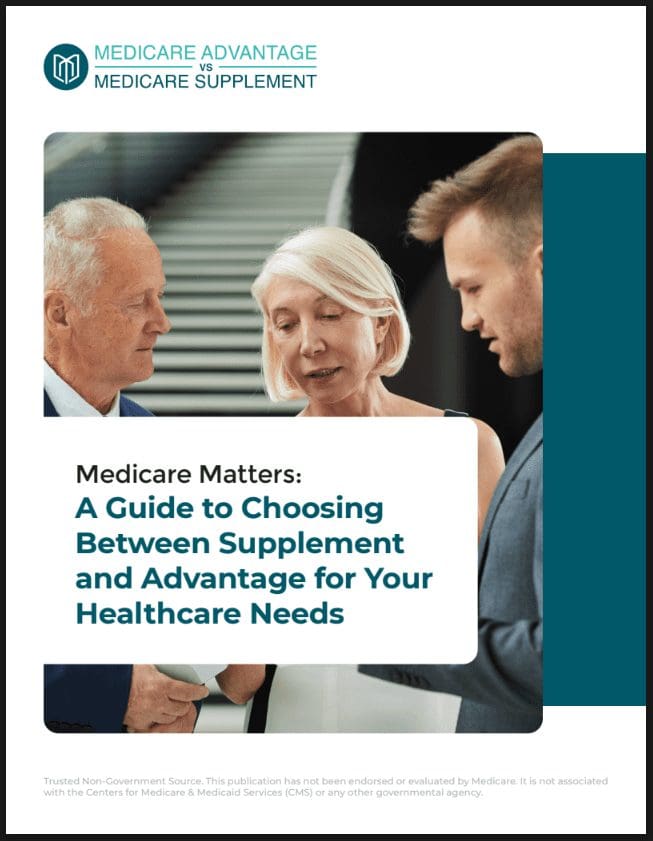Key Takeaways
- Understanding Medicare eligibility is crucial for accessing healthcare benefits once you turn 65 or meet specific conditions.
- Navigating the rules for Medicare qualification can simplify your transition into this essential program.
Medicare Eligibility Unmasked: Do You Qualify?
Medicare is a federal health insurance program that provides coverage for people aged 65 and older, certain younger individuals with disabilities, and those with End-Stage Renal Disease (ESRD). As we move into 2024, understanding the nuances of Medicare eligibility is more important than ever. Let’s unmask the requirements and see if you qualify.
What’s the Deal with Medicare Eligibility?
Medicare eligibility can seem confusing at first glance, but breaking it down into simpler terms can help. Generally, you are eligible for Medicare if you are 65 years or older, or if you are younger but have a qualifying disability or ESRD. Medicare has four parts: Part A (Hospital Insurance), Part B (Medical Insurance), Part C (Medicare Advantage), and Part D (Prescription Drug Coverage). Each part has its own eligibility criteria and coverage options.
Part A is typically premium-free if you or your spouse have paid Medicare taxes for at least 10 years. Part B requires a monthly premium and covers outpatient care, doctor visits, and preventive services. Part C, also known as Medicare Advantage, is an alternative to Original Medicare offered by private insurers and includes Parts A and B, often with additional benefits. Part D provides prescription drug coverage and also requires a monthly premium.
Hitting the Medicare Milestone: Are You Ready?
Turning 65 is a significant milestone for many reasons, not least because it marks the age at which most people become eligible for Medicare. Your Initial Enrollment Period (IEP) begins three months before you turn 65, includes your birth month, and ends three months after. During this seven-month window, you can sign up for Medicare Parts A and B. If you miss this period, you may have to pay a late enrollment penalty unless you qualify for a Special Enrollment Period (SEP).
If you are already receiving Social Security benefits or Railroad Retirement Board benefits at least four months before you turn 65, you will be automatically enrolled in Parts A and B. If not, you will need to sign up for Medicare through the Social Security Administration.
Age and Medicare: When Can You Start?
For most people, eligibility for Medicare begins at age 65. However, there are some exceptions for younger individuals. If you have been receiving Social Security Disability Insurance (SSDI) for at least 24 months, you are eligible for Medicare regardless of your age. This includes people with Amyotrophic Lateral Sclerosis (ALS), who qualify for Medicare as soon as they start receiving SSDI.
Another group eligible before age 65 includes those diagnosed with ESRD, which requires regular dialysis or a kidney transplant. This condition allows for Medicare eligibility at any age, provided specific criteria are met, such as having sufficient work history or being the spouse or dependent child of someone with a qualifying work history.
Disability and Medicare: How It Works
Medicare isn’t just for those over 65; it’s also crucial for many individuals with disabilities. If you receive SSDI, you typically become eligible for Medicare after 24 months of receiving disability benefits. This automatic enrollment includes both Part A and Part B, providing comprehensive health coverage.
Individuals with ALS, commonly known as Lou Gehrig’s disease, have immediate access to Medicare once they begin receiving SSDI benefits, bypassing the 24-month waiting period. This expedited process ensures that those with serious health conditions receive the care they need without unnecessary delays.
End-Stage Renal Disease and Medicare: What You Need to Know
End-Stage Renal Disease (ESRD) is a condition that makes you eligible for Medicare regardless of age. ESRD requires regular dialysis or a kidney transplant, and Medicare covers many of the associated costs. To qualify, you need to be eligible for SSDI or have worked long enough to qualify for Social Security or Railroad Retirement benefits. This can also apply if you’re the spouse or dependent child of someone who meets these work requirements.
Medicare coverage for ESRD usually begins on the first day of the fourth month of your dialysis treatments. However, if you participate in a home dialysis training program, coverage can start as early as the first month of dialysis. Coverage includes outpatient and inpatient dialysis treatments, kidney transplants, and post-transplant drugs.
How Long Do You Need to Work to Qualify?
The amount of work required to qualify for Medicare varies depending on your age and work history. For most people, you need at least 40 quarters (10 years) of paying Medicare taxes to qualify for premium-free Part A. If you have fewer than 40 quarters, you can still get Part A, but you’ll need to pay a monthly premium.
If you haven’t worked long enough to qualify for premium-free Part A, you might be eligible based on your spouse’s work history, or even based on the work history of a divorced or deceased spouse. This can provide crucial support for those who have not accumulated enough work credits on their own.
U.S. Residency Rules for Medicare
To be eligible for Medicare, you must be a U.S. citizen or a permanent legal resident who has lived in the U.S. for at least five continuous years. This residency requirement ensures that Medicare benefits are available to those who have established a long-term presence in the country.
If you are a recent immigrant, you’ll need to meet the five-year residency requirement before qualifying for Medicare. During this time, you may need to consider other health insurance options to cover your healthcare needs.
Special Circumstances: When Can You Get Medicare Early?
Several special circumstances can make you eligible for Medicare before age 65. Besides SSDI and ESRD, some other scenarios include:
- Receiving a Disability Pension from the Railroad Retirement Board: If you qualify for a disability pension from the Railroad Retirement Board and meet certain conditions, you can get Medicare earlier than 65.
- Diagnosed with ALS: As mentioned earlier, individuals diagnosed with ALS are eligible for Medicare as soon as they start receiving SSDI benefits.
- Medicare for Federal, State, and Local Government Employees: Some government employees who are eligible for disability benefits from their employer’s pension plan can also qualify for Medicare before age 65.
These special circumstances ensure that individuals with significant health needs have access to Medicare’s comprehensive coverage.
Your Path to Medicare
Understanding your path to Medicare can help you navigate the enrollment process more effectively. Whether you’re approaching 65, dealing with a disability, or facing a serious health condition, knowing your eligibility and enrollment options is crucial.
Make sure to keep track of important dates, such as your Initial Enrollment Period, and consider whether you might qualify for a Special Enrollment Period due to changes in your employment or health status. Staying informed about your Medicare options can help you make the best decisions for your healthcare needs.
Stay Informed
To ensure you stay on top of your Medicare eligibility and enrollment process, regularly check for updates on the official Medicare website or consult with licensed insurance agents who can provide personalized guidance based on your specific situation.
Conclusion
Understanding Medicare eligibility is the first step in accessing the healthcare benefits you deserve. Whether you’re nearing 65, have a qualifying disability, or face special health conditions, knowing when and how you qualify can make the transition to Medicare smoother. Keep this guide handy as you approach your Medicare milestone and take control of your healthcare journey.
Contact Information:
Email: [email protected]
Phone: 9565558901










